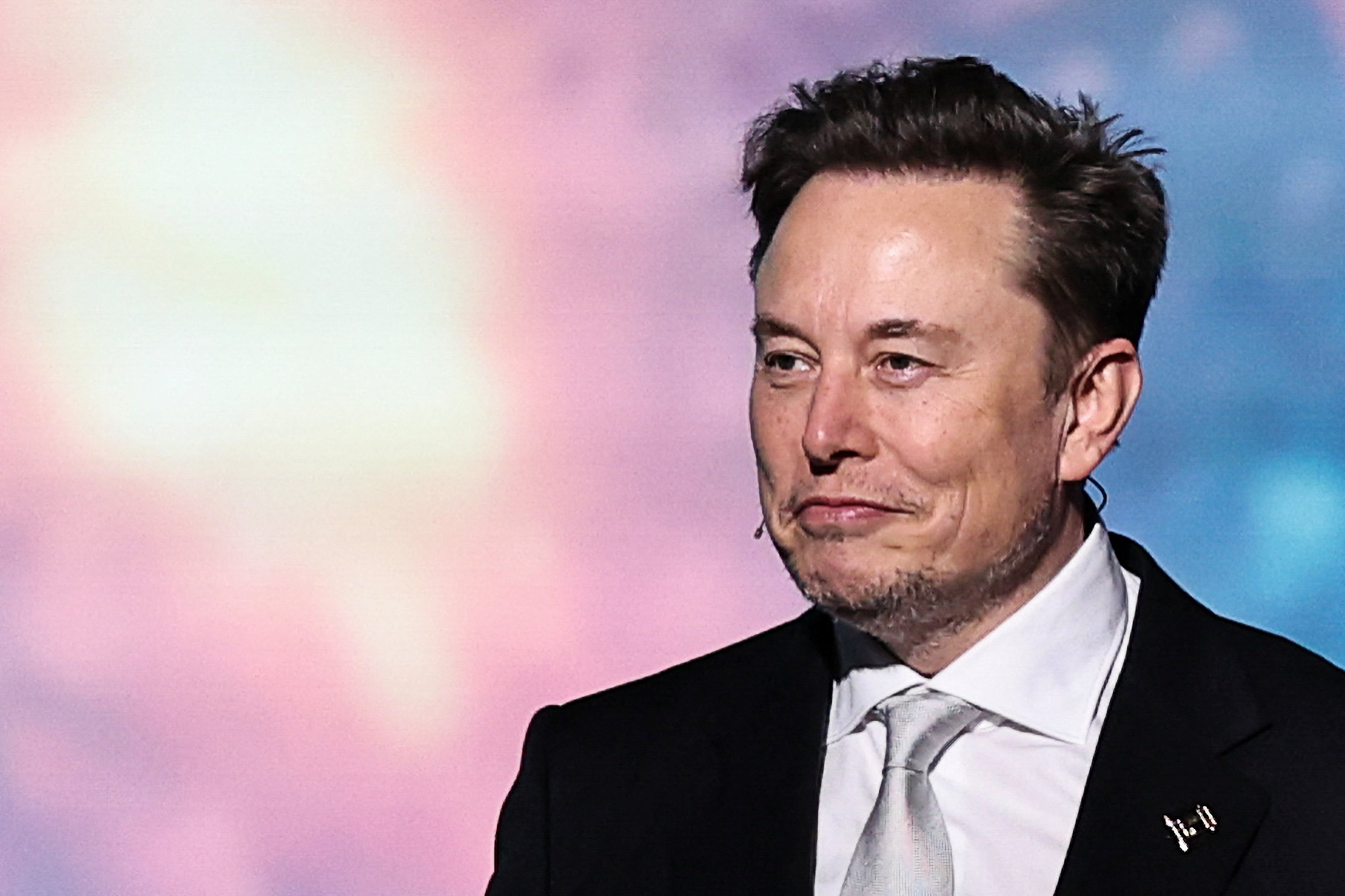
In a revelation that has sent shockwaves through the global security and technology communities, a new investigative report has found that high-ranking members of terrorist organizations under U.S. sanctions are actively using Elon Musk’s X platform—formerly Twitter—by paying for premium subscription services, including features that generate revenue.
The findings, published by the Tech Transparency Project following a months-long investigation from November 2024 to April 2025, allege that individuals affiliated with Al-Qaeda, Hezbollah, and other militant groups have been granted access to X’s premium blue checkmarks, monetization tools, and ID verification processes, raising urgent legal, ethical, and national security concerns.
At the heart of the controversy is the subscription model introduced by Musk shortly after his acquisition of Twitter in late 2022. Under Musk’s direction, the platform rebranded as X and transformed its verification system from a merit-based status symbol into a paid product. For $8 per month or $84 annually, users can access X Premium, which provides a blue checkmark, priority algorithm placement, and access to monetization tools such as tips and ad revenue sharing.
The more exclusive Premium+ tier costs up to $395 per year. Organizations can pay between $2,000 and $10,000 annually to be verified under different access tiers. But what was intended to democratize online presence has now become a lightning rod for accusations that Musk’s platform may be inadvertently facilitating transactions with sanctioned individuals and entities—violations that could carry significant legal consequences.

According to the Tech Transparency Project, several accounts belonging to individuals linked with U.S.-designated terrorist organizations were found not only with blue checkmarks but also with badges indicating government-issued ID verification. These are features available only to users who have submitted legal identification documents and gone through a facial recognition verification process.
Among those reportedly using X Premium were a senior advisor to Al-Qaeda, one of Hezbollah’s co-founders, a Houthi official operating from Yemen, and a militia commander in Iraq known for orchestrating attacks against U.S. troops. While not all these individuals are named on specific sanction lists, many are affiliated with groups directly sanctioned by the U.S. Treasury Department’s Office of Foreign Assets Control (OFAC), which prohibits U.S. companies from engaging in financial transactions with such entities without specific authorization.
The situation is particularly sensitive given the platform’s monetization features. Several of the accounts had enabled tip buttons or ad revenue functions, meaning that sanctioned individuals may have had the opportunity to earn income directly from X, either through audience donations or ad sharing mechanisms. This raises questions not only about X’s internal vetting process but also about the potential for U.S.-based companies to become unwitting conduits of illicit funding.
After an earlier version of this issue was brought to light in February 2024, X took swift action to remove blue checkmarks from the cited accounts and suspended many of them. In response, X’s Safety division released a public statement claiming compliance with all legal requirements and stating that its payment systems undergo independent third-party screening.

However, the latest investigation reveals that many of these users either created new accounts, resubscribed to premium services, or never lost access in the first place. In some cases, users believed to be affiliated with sanctioned groups appear to have completed the full ID verification process, which should have flagged them for removal based on X’s own terms of service.
Musk’s response to the report has been defensive. During a joint appearance in the Oval Office with President Donald Trump earlier this year, Musk criticized the Treasury Department, accusing it of failing to implement basic controls to monitor financial transactions involving sanctioned individuals.
He claimed that X’s own internal systems were in line with industry standards and that payments processing is handled by third-party vendors who are also obligated to conduct independent screening. Yet this defense does little to address the fundamental contradiction: individuals affiliated with terrorist organizations are obtaining services that are supposed to be blocked, and they are doing so on a platform operated by one of the most powerful tech figures in the world.
The controversy surrounding Musk’s management of X is nothing new. His leadership style, marked by radical policy shifts, impulsive platform changes, and an aggressive stance on free speech, has already drawn criticism from civil rights groups, advertisers, and even former users.
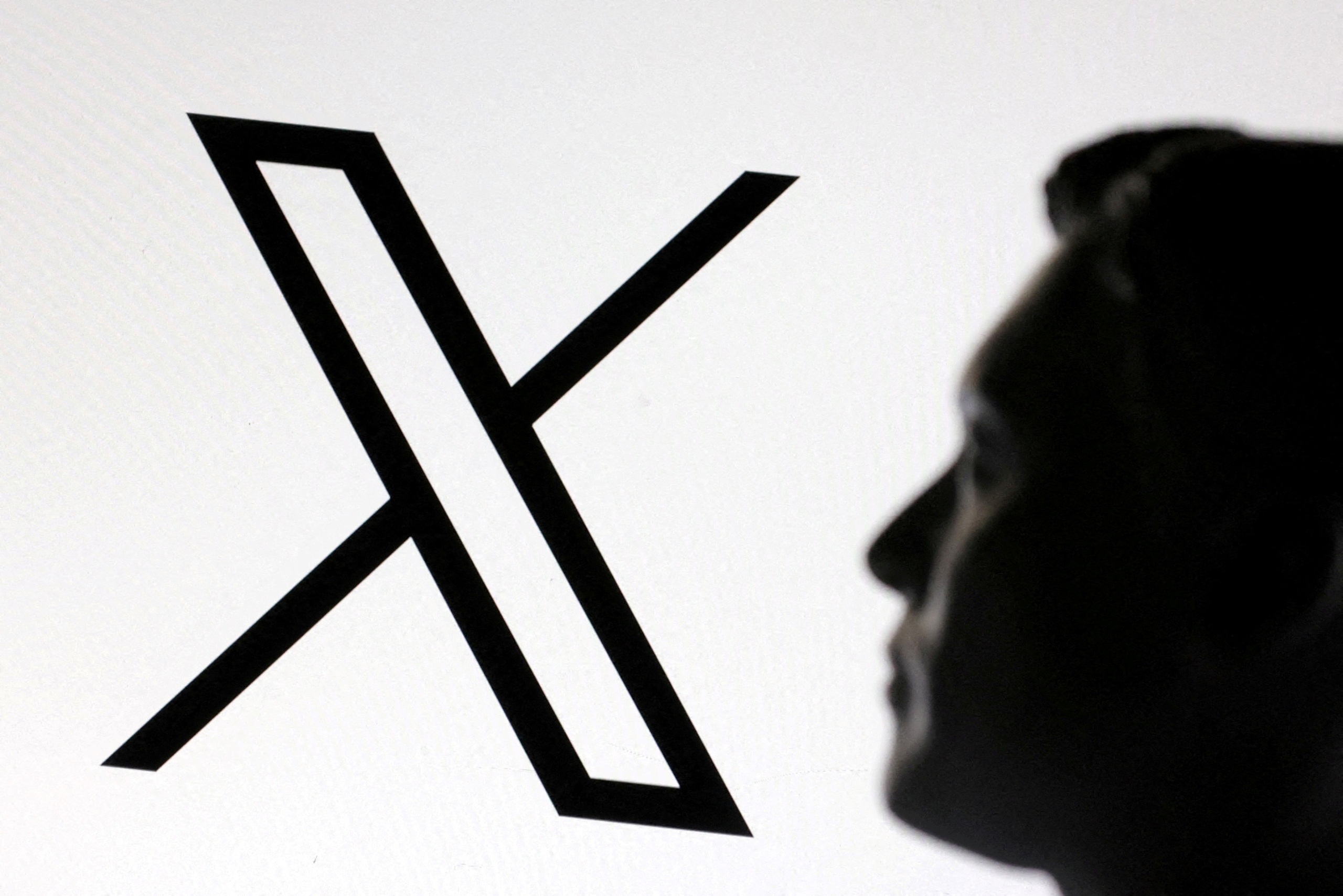
But this incident escalates those concerns into the realm of national security and foreign policy. If it is confirmed that sanctioned terrorists have been paying for and benefiting from X’s monetized services, it could trigger investigations by the Treasury Department, the Department of Justice, and even congressional oversight committees.
The legal risks for X are substantial. OFAC regulations are clear: any U.S. entity that knowingly or unknowingly engages in business with sanctioned individuals may be held liable, with penalties ranging from fines to criminal prosecution. While X has claimed that it does not provide premium services to sanctioned users, the Tech Transparency Project’s evidence suggests otherwise.
The report details multiple examples of verified and monetized accounts linked to foreign militant leaders who fall under the purview of OFAC’s enforcement. Whether these accounts were the result of intentional oversight or systemic failure remains unclear, but the optics are damning.
Critics argue that Musk’s decision to make verification a paid product inherently undermines the legitimacy of the platform’s safeguards. When identity and monetization are tied to subscription payments, the incentive to thoroughly screen users is reduced.
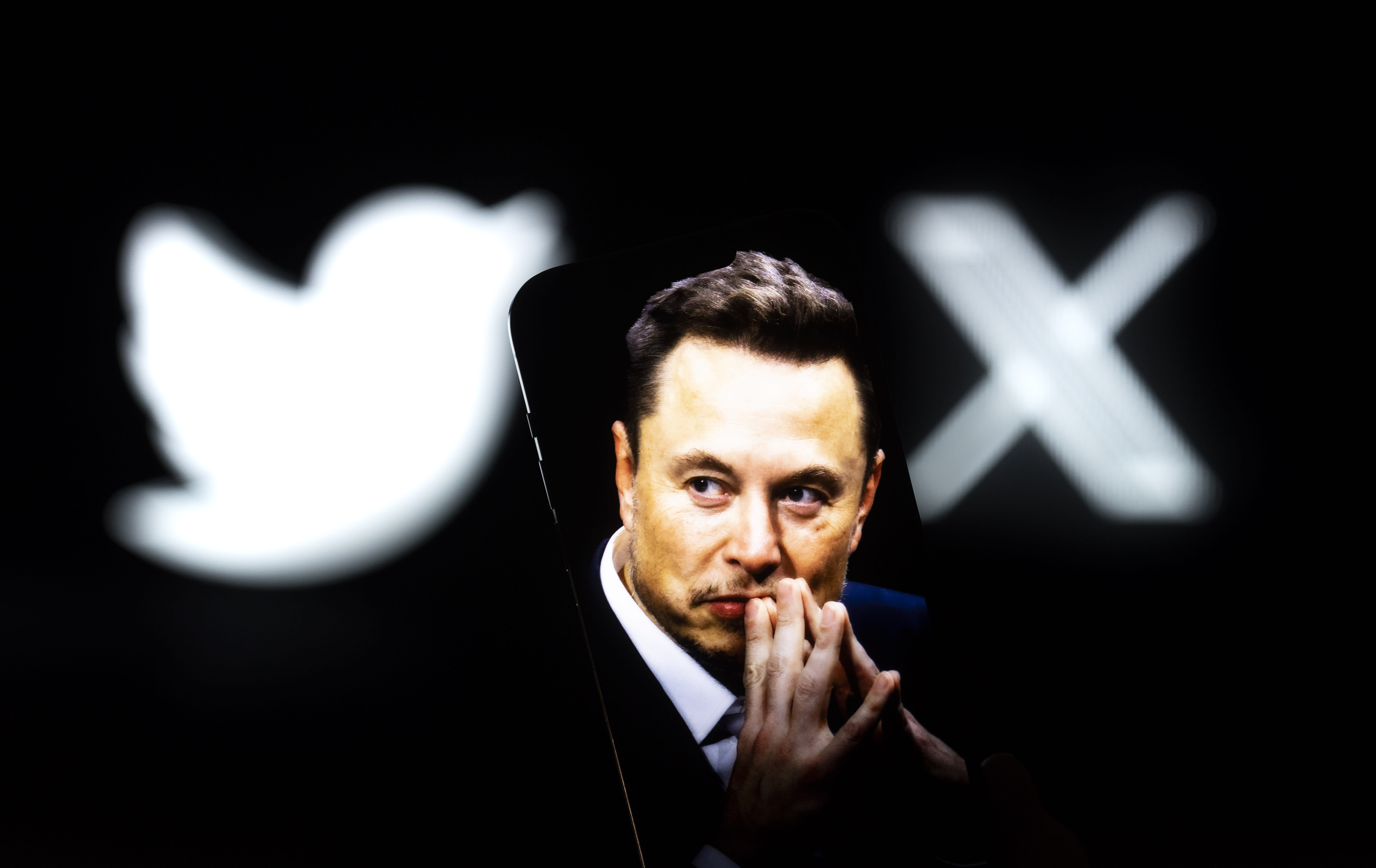
Moreover, the lack of transparency surrounding the platform’s verification processes makes it difficult to assess whether proper vetting is occurring. With X’s push to become the go-to platform for content creators, journalists, and political commentators, the platform is rapidly evolving into a quasi-public utility—one now potentially entangled in financial transactions with U.S. enemies.
The political implications of the revelations are equally explosive. Musk’s close alliance with President Trump, especially through his now-infamous leadership of the Department of Government Efficiency (DOGE), has already drawn criticism from Democrats and civil libertarians. That alliance is now being tested in the court of public opinion.
While Musk has since stepped away from daily DOGE operations, his visibility as a Trump ally complicates the administration’s response. For the White House, the prospect of one of its most prominent private-sector allies being accused of enabling terrorist funding is a political minefield. It raises questions about whether Trump’s government will hold X accountable or continue to offer implicit support.
For now, Musk remains defiant. He has continued to post regularly on X, dismissing the investigation as biased and politically motivated. But the stakes are rising. If investigations confirm the findings of the Tech Transparency Project, Musk and X may face legal consequences and regulatory action that go far beyond a PR crisis.

Congressional leaders are already calling for hearings. International watchdogs are expressing concern. And investors are nervously watching to see whether this scandal will mark a turning point in the viability of Musk’s vision for a subscription-driven social media empire.
This is no longer just about $8 blue checkmarks or Musk’s crusade against the “woke mind virus.” It is about whether one of the most influential tech platforms on the planet has become a financial vehicle for individuals and organizations that the U.S. government has explicitly deemed a threat to national security. As the investigation deepens and legal scrutiny intensifies, Musk’s $8 empire is looking less like a free speech revolution and more like a multi-billion-dollar liability.
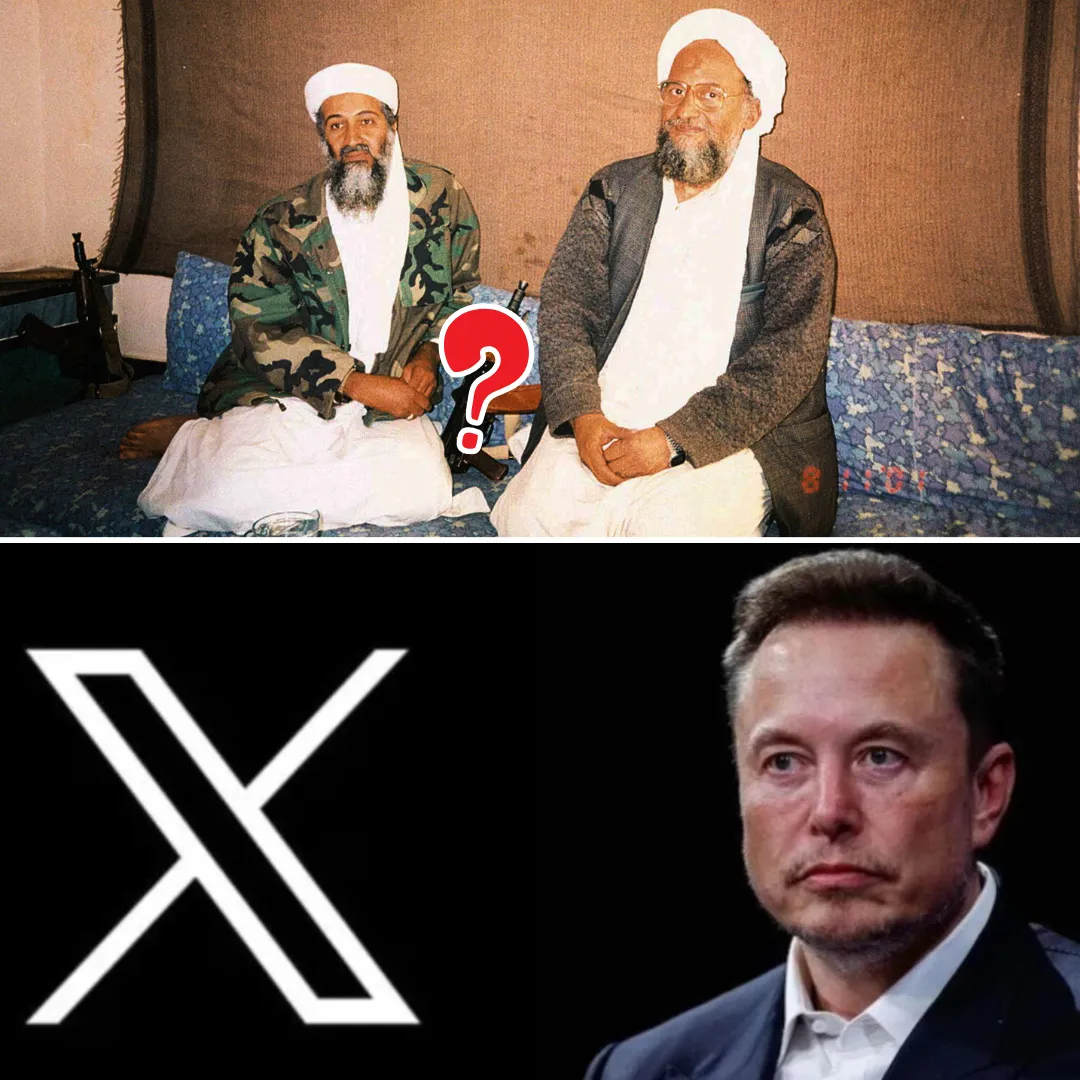
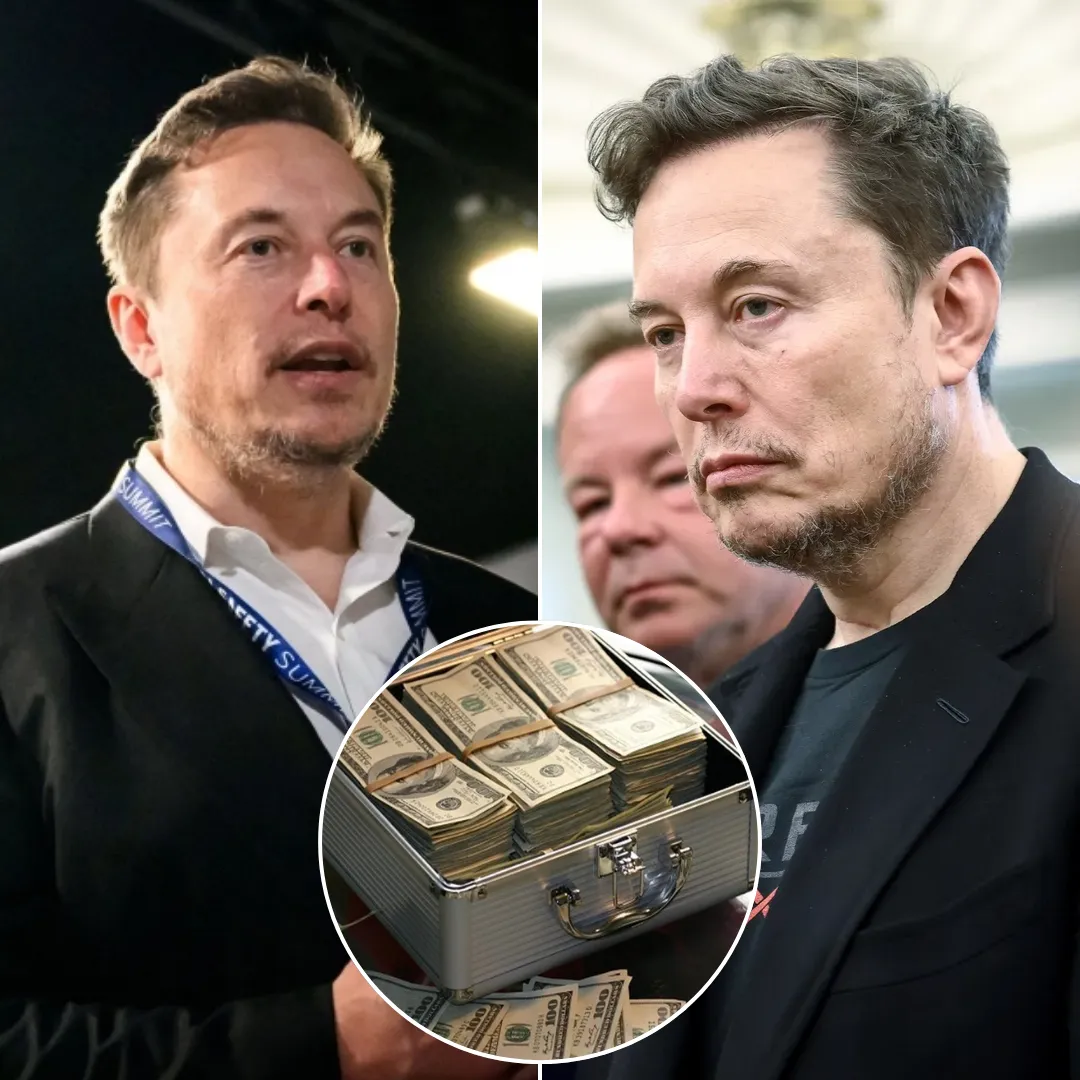
-1750949935-q80.webp)
-1750781340-q80.webp)
-1750851956-q80.webp)